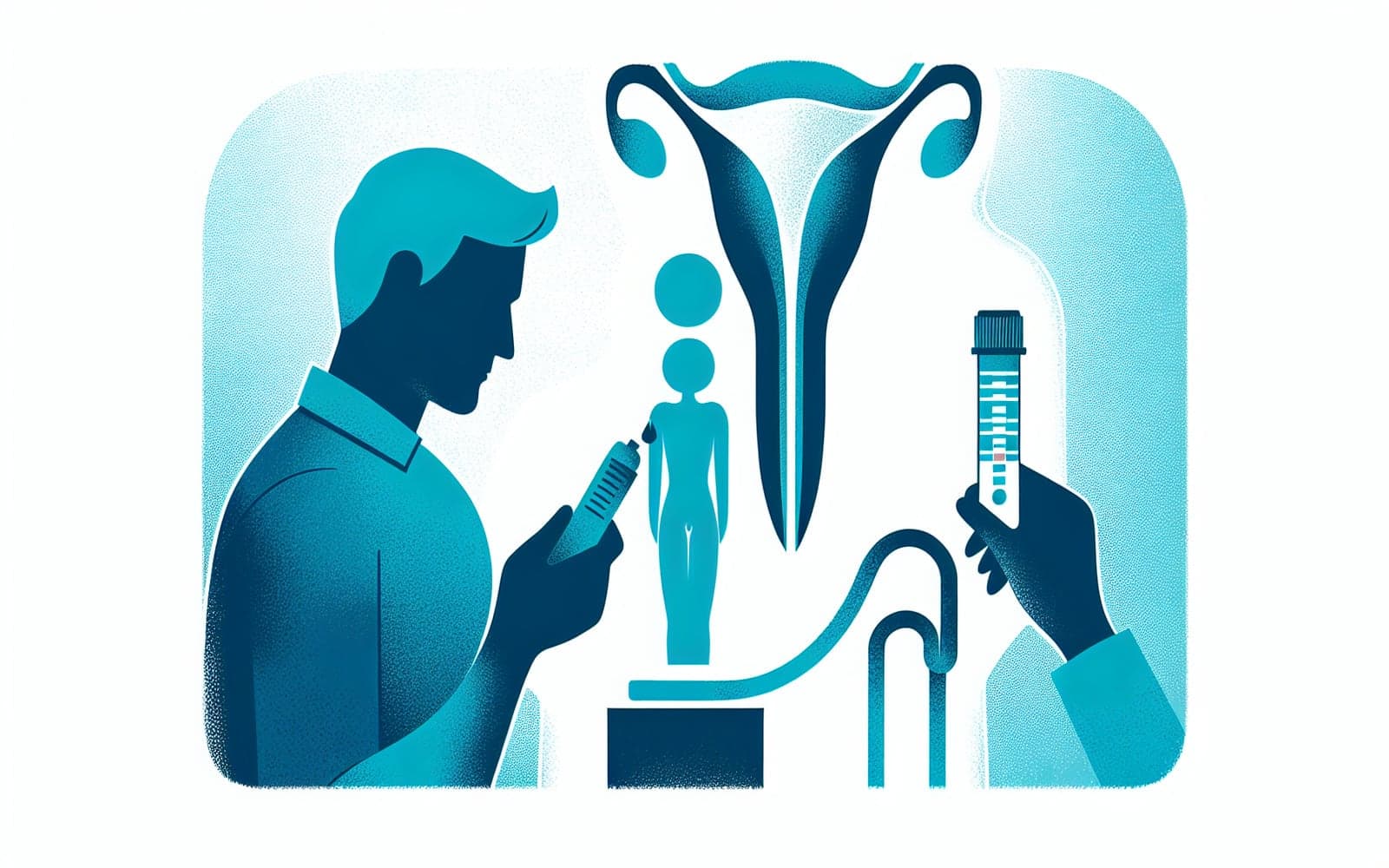Is PSA Testing the Key to Prostate Health?
Published: Apr 22, 2024
Prostate-specific antigen (PSA) testing is a common method for screening prostate health, but its effectiveness is often debated. Let's explore the ins and outs of PSA testing and what it means for you.
Contents
Understanding PSA Levels
PSA is a protein produced by both normal and cancerous prostate cells. The levels of PSA can help determine the extent of prostate cancer and the response to treatment. However, interpreting these levels can be tricky, as they may be influenced by various factors such as age, medications, and even physical activities like cycling.
Factors That Affect PSA Levels
Several factors can cause PSA levels to rise, such as benign prostatic hyperplasia (BPH), prostate cancer, and infections. Additionally, medications like 5-alpha-reductase inhibitors and NSAIDs can alter PSA levels. Understanding these factors is crucial for accurate interpretation of PSA test results.

Advances in PSA Testing
New concepts like PSA density and PSA velocity are being explored to refine the interpretation of PSA levels. These methods aim to improve the specificity of prostate cancer screening, especially in cases where PSA levels fall within a gray zone.
Frequently Asked Questions
Normal PSA levels vary with age; for example, a 60-year-old might have a normal range of 0 to 4.5 ng/mL.
Yes, medications such as finasteride and NSAIDs can lower PSA levels.
PSA testing is useful but not foolproof; it can miss cancers or indicate false positives.
Bicycling generally doesn't affect PSA, but if concerned, avoid it just before testing.
The Bottom Line
PSA testing can be a useful tool for prostate health monitoring, but understanding its limitations is key.
References
- Lilja H, et al. Clin Chem 1991; 37:1618.
- Balk SP, et al. J Clin Oncol 2003; 21:383.
- Coley CM, et al. Ann Intern Med 1997; 126:394.
This article has been reviewed for accuracy by one of the licensed medical doctors working for Doctronic. Always discuss health information with your healthcare provider.
AI Doctor Visit Required
Appointments available 24/7
15-min consultation. No hidden costs.
AI Doctor Visit Required
For safety reasons we have been forced to end this consultation.
If you believe this is a medical emergency please call 911 or your local emergency services immediately.
If you are experiencing emotional distress, please call the the Suicide & Crisis Lifeline at 988 or your local crisis services immediately.
Contact us
You can also email us at help@doctronic.ai
We aim to reply within 5-7 days
How likely are you to recommend Doctronic to friends or family?


